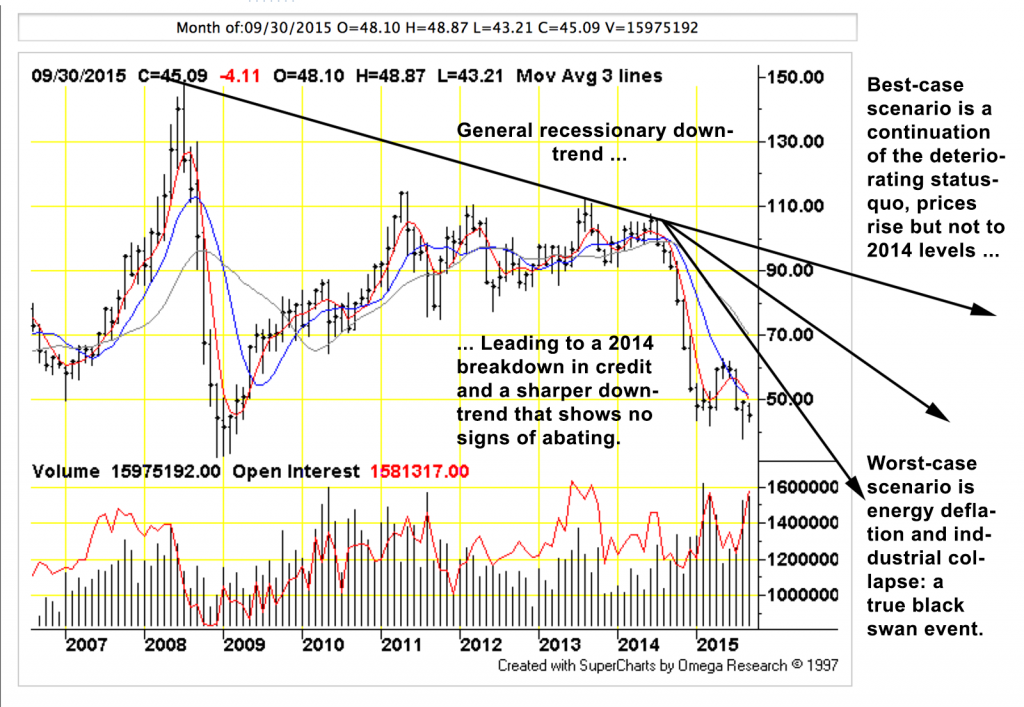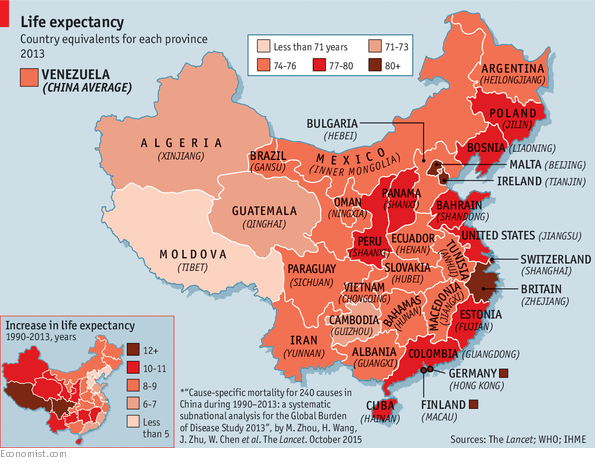Written by Econintersect
Early Bird Headlines 12 November 2015
Econintersect: Here are some of the headlines we found to help you start your day. For more headlines see our afternoon feature for GEI members, What We Read Today, which has many more headlines and a number of article discussions to keep you abreast of what we have found interesting.

Global
Asia erases losses, Aussie spikes on jobs data (Reuters) Asian shares reversed earlier losses on Thursday as crude oil prices pulled away from their deep overnight lows, while the Australian dollar grabbed the spotlight and surged after a much stronger-than-expected employment report. European shares were expected to take their cue from Wall Street, which ended a choppy session lower as a sharp drop in oil prices knocked energy stocks.
Negative Interest Rates the New Normal Next Time Economies Slump (Bloomberg) Now that Sweden and Switzerland have shown that negative benchmark interest rates don’t necessarily result in flights to cash, asset bubbles or banking strains, the global giants of central banking may be more willing to embrace sub-zero borrowing costs the next time their economies slide.
Major Oil Companies Have Half-Trillion Dollars to Fund Takeovers (Bloomberg) Consolidation is coming in the oil industry. The world’s six largest publicly traded oil producers have more than a half-trillion dollars in stock and cash to snap up rival explorers. Exxon Mobil Corp. tops the list with a total of $320 billion for potential acquisitions. Chevron is next with $65 billion in cash and its own shares tucked away, followed by BP Plc with $53 billion.
Between Rock and Hard Place (Steve Ludlum, Doomstead Diner) SL has contributed to GEI.
Petroleum markets go non-linear as peak oil theory predicted; the steadily increasing price leads to collapse, something peak oil theory missed; chart by TFC, (Click for Big). The cause is the breakdown in credit; customers are broke which in turn strands the drillers; then ultimately the lenders … leading to real, absolute fuel shortages when drillers can no longer borrow. We find ourselves, between the rock and the hard place; without fuel there is no industry, without credit, industry is insolvent.

U.S.
Why did foreclosures spike in October? (CNBC) Newly started foreclosures rose 12% in October compared to September, according to a new report from RealtyTrac, a foreclosure listing company. That is the largest monthly increase since August, 2011, and more than twice the gain from September to October seen in the last five years. Just over 48,000 properties started the process in October, still 14% fewer than a year ago. So the “spike” was not much of an increase afterall.
Record Share Of Young Women Now Living With Relatives (Reuters) In 1940, the first year that the U.S. Census Bureau kept this particular record and until 1914 the 36.2% of women age 18-34 living with a blood relative in 1940 was a record that had not been surpassed. In 2014 the number reached 36.4% of the demographic. See next article.
Record share of young women are living with their parents, relatives (Pew Research) For the entire history of the statistics for the subject a greater percentage of young men age 18-34 living with one or more parent or another relative has always exceeded the number for women. The percentage for both has been rising sharply since 2000 and the percentage for women has reached a new record high. Although more than 2 out of 5 young men live with blood relatives as of 2014 the number is still shy of the 47.5% in that category in 1940.
EU
EU to offer Africans aid, other benefits to cut migration: plan (Reuters) The European Union has offered African states a range of aid as well as easier visa access and lower costs for migrants sending cash home in return for help to curb migration into the EU, including by taking back illegal immigrants. A 17-page action plan to be agreed by EU and African leaders at a summit on Malta on Thursday, seen by Reuters, sets out dozens of initiatives, many long established, others fresh, for what leaders say should be a partnership to combat the poverty and insecurity driving Africans north and ensure that migration which does take place is safe and beneficial to all involved.
UK
House purchase lending jumps to seven-year for October (City A.M.) Mortgage lending reached its highest level for the month of October in seven years, new data released today shows, as low inflation rates and rising wages helped keep consumer confidence levels high. Overall house purchase lending approvals reached 72,409 in October, up by 5.1% on the previous month and 21.9% ahead of October 2014’s total of 59,392, according to e.surv chartered surveyors. The report also indicated this was the highest number of approvals since January 2014 (75,691), and the highest level for any October month since 2008.
Germany
Merkel’s `We’ll Make It’ on Refugees Backed by German Economists (Bloomberg) German economists backed Chancellor Angela Merkel in saying Europe’s biggest economy is strong enough to handle a record influx of refugees, even as her government reinstated European Union rules that may lead to more deportations. Germany will have to increase public spending on direct aid to refugees by as much as 22.6 billion euros ($24 billion) for this year and next, though it will still run a budget surplus both years, Merkel’s council of economic advisers said in a report Wednesday. Refugees who stay in Germany will probably make a “moderate” contribution to the economy in the medium term, according to the panel of five economists.
China
China’s Two-Track Economy Diverged Further in October (The Wall Street Journal) Retail sales enjoyed biggest jump this year while industrial production grew less than expected. Retail sales enjoyed biggest jump this year while industrial production grew less than expected.
CICC Keeps It `Conservative’ With 300% China IPO Return Forecast (Bloomberg) Only in China can an investment bank predict 300% returns from initial public offerings and call the estimate “conservative” with a straight face. China International Capital Corp. did just that in a report on Thursday as analysts led by Hanfeng Wang outlined their predictions for the country’s new IPO system. Post-IPO performance is likely to shrink from an average gain of 681% in the 18 months through June, Wang said, amid weaker investor sentiment and a relaxation of regulatory curbs that kept a lid on IPO valuations at about 23 times earnings.
Noodles of longevity (The Economist) Less well known that the remarkable economic progress of China over the past three decades, the health improvements are no less remarkable. This is especially true in light of the struggle the cvountry has had with increasing pollution.

>>>>> Scroll down to view and make comments








